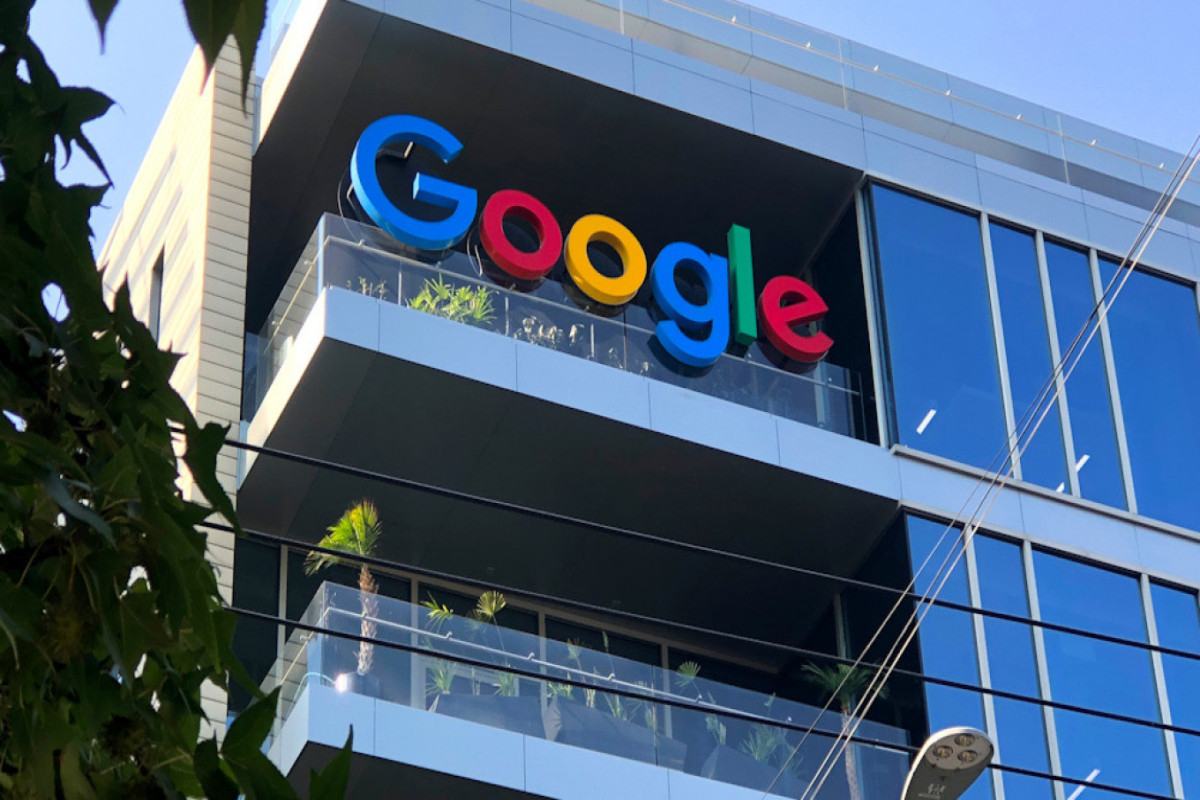India has decided to remove the 6% digital advertising tax, known as the equalization levy, easing concerns for U.S. tech giants like Google, Meta, and Amazon. The finance minister’s announcement on Tuesday comes in response to trade concerns raised by the U.S., particularly after President Trump threatened reciprocal tariffs from April 2.
The change will take effect from April 1, as part of amendments to the 2025 Finance Bill, which were approved by the Indian parliament. The 6% levy targeted online advertising services provided by foreign companies, requiring them to withhold and remit taxes to the Indian government. The U.S. Trade Representative (USTR) had criticized this tax as discriminatory, noting that domestic companies were exempt from it.
The decision follows a trade agreement made during Prime Minister Narendra Modi’s visit to the U.S. last month, aiming for $500 billion in two-way trade by 2030. India previously abolished a 2% levy on non-resident e-commerce firms for online services in 2024.
This move is seen as an effort by India to ease trade tensions with the U.S., signaling a possible shift in diplomatic relations, although analysts remain cautious about whether it will lead to a softening of the U.S. stance.


















